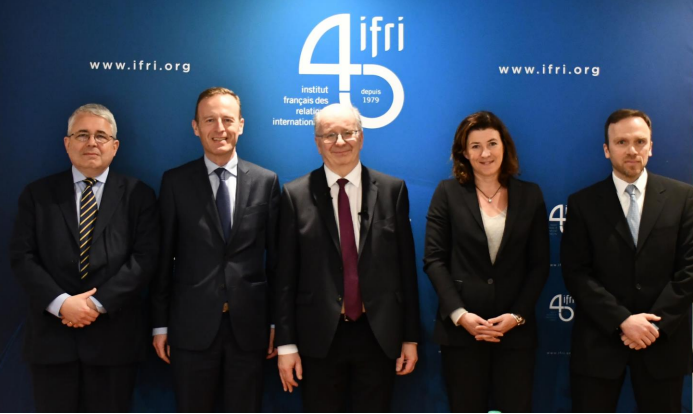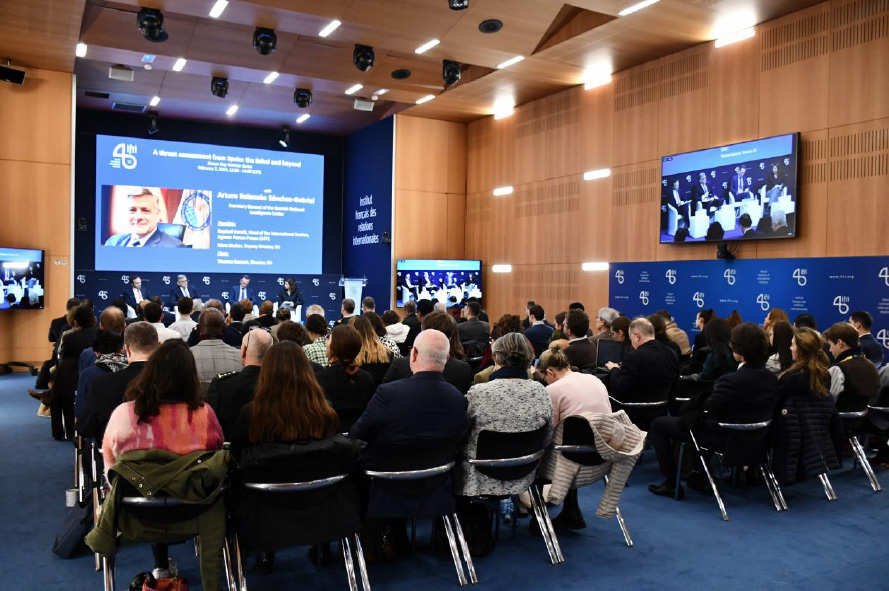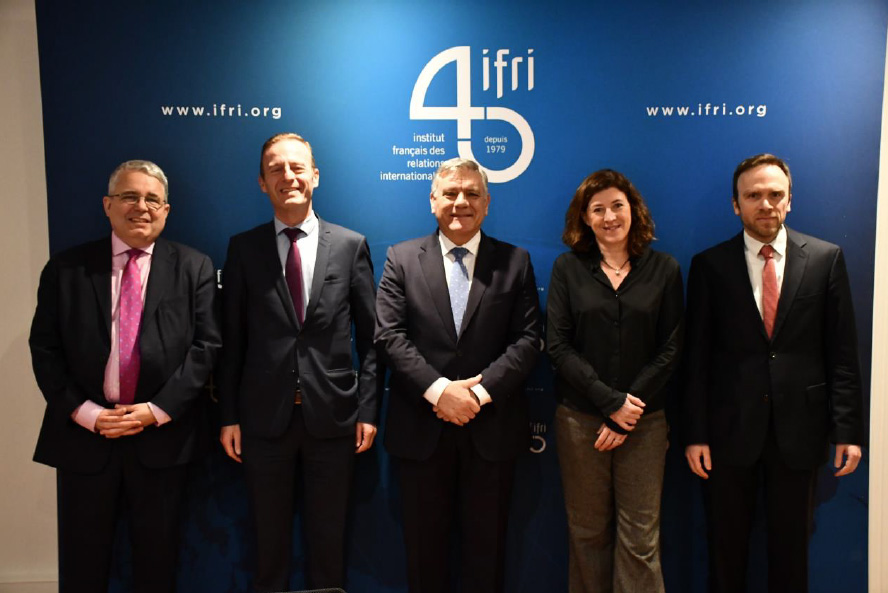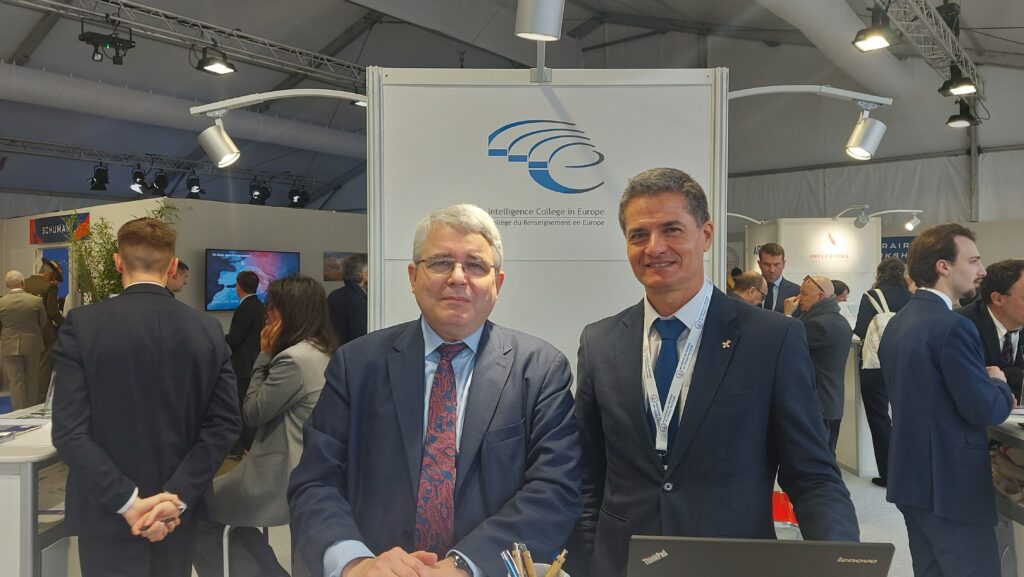WEBINARIO EUROPEAN UNION-LATIN AMERICA STRATEGIC RELATIONS
24 April 2024
Last 12/04/2024, the Intelligence College in Europe, together with the Centro Nacional
de Inteligencia (CNI) (Spain), organized a Webinar on the topic “European Union-Latin
America Strategic Relations” at the University of Alcalá, Madrid (Spain).
The moderator of the event was JORGE DE LA CABALLERIA, an experienced official at
the EU Commission, closely linked to the strategic relations with Latin America, in his
capacity as Head of the Latin American Unit of the Directorate-General for International
Partnerships B (DG-INTPA B) of the European Union.
The speakers were:
MARIO CIMOLI
He has ample experience and prestige in the region and has been Executive Secretary of
the Economic Commission for Latin America and the Caribbean (ECLAC) until September
2022. He currently works as an academic in Italy and Mexico.
CLAUDIA GINTERSDORFER
She is Head of the Americas Regional Division in the European External Action Service,
responsible for coordinating relations with Latin America and the Caribbean. Next EU
Ambassador to Chile.
JUAN ALFREDO CERRUTI
He is Global Head of Economy and Vice President of Grupo Santander. He has extensive
experience in the region.
Professor Francisco Pascual Vives of the University of Alcalá (UAH), director of the
Institute of Latin American Studies, acted as host on behalf of the UAH, Spain.
The European Union and Latin America and the Caribbean represent more than one
third of the members of the United Nations and are a driving force in favour of a strong
rules-based multilateral system.
After eight years without summits, in 2023, the meeting of the Community of Latin
American and Caribbean States (CELAC) with the European Union was held in Brussels.
This meeting concluded with important agreements being reached in all areas,
highlighting the importance of trade cooperation, one of the most widespread networks
in the world, with a total trade in goods and services amounting to €369 billion in 2022.
The EU is the main investor in LATAM, but it is worryingly losing ground to China.
Cooperation in security has also increased in recent years due to the significant rise of
organized crime in Latin American institutions and its connections with transnational
crime networks, and furthermore, because of the deteriorating security situation in
many of the countries of the continent.
Despite the holding of these Summits and the need to simplify international relations
through organizations such as ECLAC, all the speakers agreed on pointing out that
LATAM is not a unit, but a complex and heterogeneous territory where it is essential to
know the idiosyncrasy of each country, since each one has its own problems, and the
formulas that work in one country may not be applicable to another country.
The same applies to the EU's green agenda. These demands cannot be transferred
automatically to Latin America, both due to historical reasons and to the current
economic reality. One cannot extrapolate an idea from one part of the world to another.
There is a great asymmetry, due to the industrialization era in Europe, which gives it a
head start of 200 years.
The structure of LATAM is different from that of Europe. LATAM needs to be part of the
process, not just a recipient of investments. More re-industrialization agreements are
needed.
Security plays a fundamental role in the fabric of the EU-LATAM cooperation, and it is
precisely in this area that the European Intelligence and Security Services can play an
important role.
From the point of view of investments, LATAM stands out for its potential in the areas
of food, energy and good level of training of its human resources. Rising demography
rates are considered a plus for investments (800 million people in 2050). The main
weaknesses are: Social inequality, poor infrastructures, the need for increased foreign
investment and greater involvement of institutions. It is always advisable to work with
a local partner in the project you want to start and choose the country very carefully,
since not all bear the same qualities.
China's influence in the region was also discussed, based mainly on its investment
potential and the ease with which China quickly provides for, and covers, the existing
needs. In this sense, it is considered important to be able to make LATAM see that the
cheapest option is not always the best one, without asking them to give up China. Thus,
the Global Gateway initiative could become an alternative to the Silk Road and offer
something different from what the Asian country offers: Sustainability and employment.



